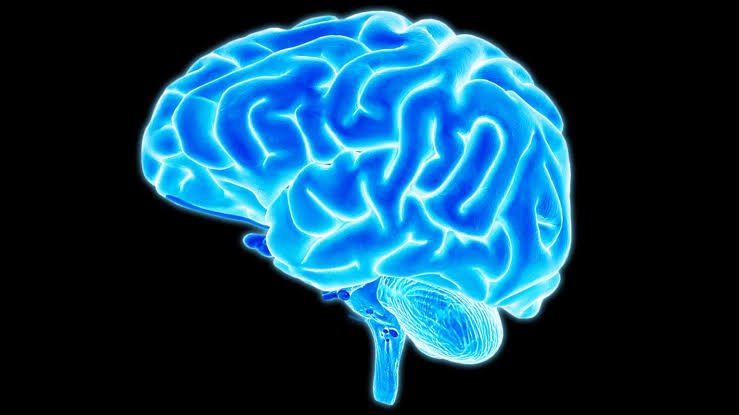How do we retrain our brain? This is a question asked by many people who are interested in modalities of mental improvement. The human brain has a tremendous potential for improvement. If we can figure out how to increase the strength and flexibility of our brain, we have the potential to achieve incredible results.
The question "How do we retrain our brain?" can be answered by answering the following three questions: First, what kind of learning do we require from our brain; Second, what kind of skills or behaviors do we need to change; and third, what kind of person are we? This will give us a framework for asking how do we retrain our brain. We'll need to look at each of these three questions in detail.
Learning requires a certain amount of effort on our part. When we learn a new subject, for instance, it takes some time for our brain to process the information that we have absorbed. During this period of processing, there are things going on in the brain that are not necessarily relevant. This may be due to something that we have learned previously or just because of a habit that we have formed. In any case, these things interfere with the learning process and retard the pace of progress.
Second, how do we know what kind of learning is necessary for us? One good way is to see if there is an inherent conflict within us. For example, many people have a tendency to criticize others for things they do that are not as good as they would like them to be. This can lead to poor performance at work. By changing the way we think about what we do and what we dislike about others, we can significantly improve the quality of our performance at work.
Third, how do we find out if retraining has worked before? One good test is to look at the results of previous attempts to retrain your brain. If a pattern of results emerges, it may indicate that retraining has indeed worked for a person. However, repeated attempts to alter patterns will likely produce the same results each time.
Fourth, how do we understand the effect that different methods of learning will have on our brain? For instance, some people have had success using audio programs such as subliminal messaging or brainwave entrainment to change their thought processes. Others have had success through neuro-linguistic programming (commonly called NLP).
Fifth, how do we decide between retraining and other methods of change? When you are considering retraining, you should consider how it might affect your current lifestyle. While some changes may be easily achieved, others, such as changing careers, may not be. Asking yourself the question of how do we retrain our brain when there are many options available can help you make the right choice for you.
Finally, how do we measure the effectiveness of retraining? Your brain's size and function do not necessarily factor into the effectiveness of this training method. A good test is to keep a daily journal to record your thoughts, feelings, and experiences during retraining, and compare these with your usual mood and feelings during similar times in your life.
Is retraining an option for you? If so, then ask yourself how and what you will need to do in order to retrain your brain. How much time and effort are you willing to put forth? What specific areas of your brain will you focus on?
There are many resources available on the Internet to assist you in retraining your brain. Some websites provide free information that can serve as a guide to this practice. Others offer a variety of solutions for learning this method. These include: online software, CDs, DVDs, and personal coaching. Some retailers offer package deals that include learning material along with learning tools such as flashcards, mind maps, puzzles, and mnemonics.
Do you think you might want to try to retrain your brain? The best solution is to get the help of someone who has experience in this area. Talk to your primary care physician or an educational consultant about retraining your brain. He or she may be able to refer you to a therapist that specializes in this method of learning.
A lot of years ago I read a book or two about neural plasticity and it helped me make some major changes in my life. Although I have trouble specifically remembering all the concepts, to this day I still believe I can retrain my brain to adapt to different situations and challenges that occur in my life. I think being able to retrain your brain will become even more important moving forward as societal changes seem to be happening at an exponential pace. An adapt or die type of scenario. :)
Great read and thanks for sharing .